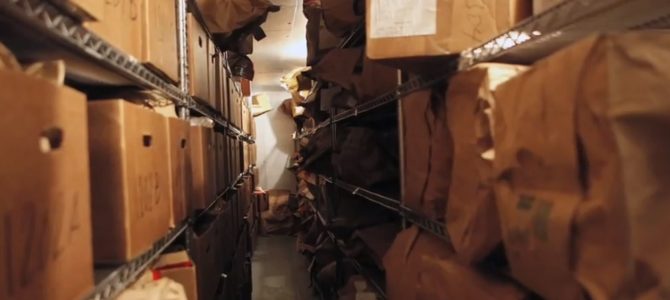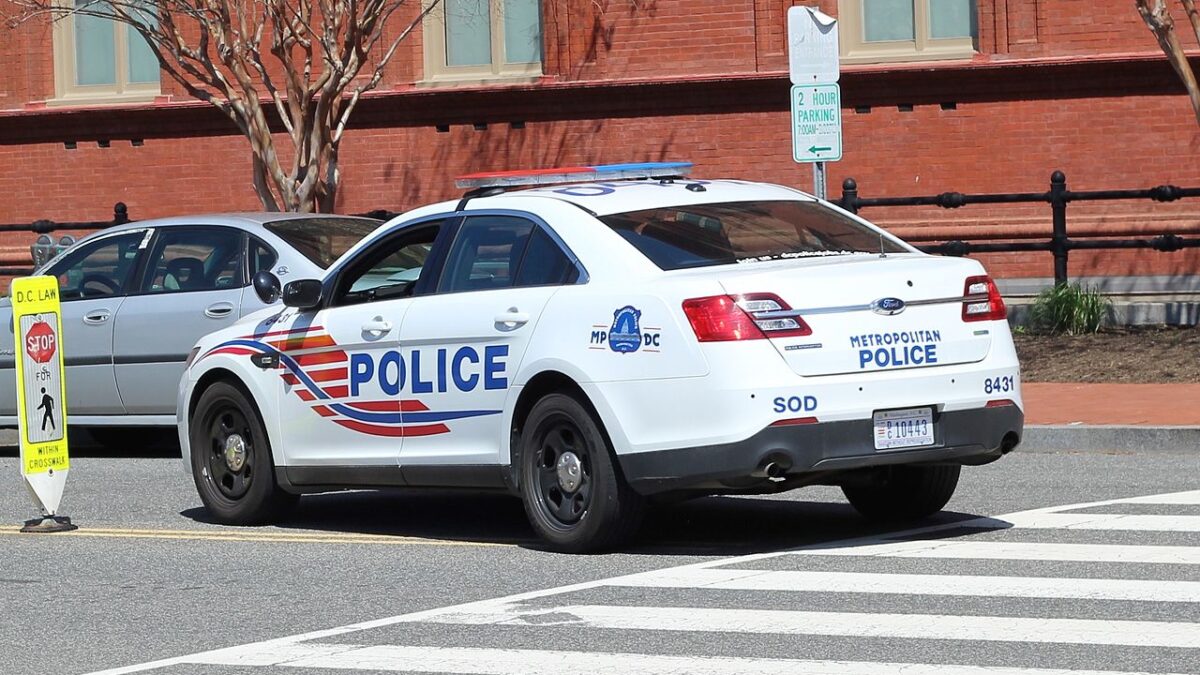
A grave injustice has prevailed over the United States for decades, but things are finally being set right in Texas. In 2018, Texas is the only state to have enacted comprehensive statewide reform to address the national crisis of rape kit backlogs. Texas is showcasing creative solutions to this injustice, and other states should take notice.
For far too long, vulnerable women have been twice victimized: first by their rapists and sexual assailants, and then by bureaucratic indifference. Two of the most fundamental and inherent functions of government are to protect citizens and promote justice. This not only means keeping the peace through crime deterrence, but also investigating crimes and rectifying wrongs. It also means providing an avenue for citizens to seek justice in courts.
In the early part of the 2010s, wide-scale public awareness of rape kit backlogs arose. By some estimates, more than 400,000 untested rape kits were sitting in evidence rooms and crime labs across the country. These kits contain samples of clothing fibers, hair, body fluid, and other identifying evidence found on the victims of rape and sexual assault. In many cases, women have waited for justice without any updates or notifications on their case.
Worse still, more women were and are still victimized by serial rapists and sexual assailants whose incriminating DNA evidence simply has not been tested. Failing these and future women is unacceptable, and allowing criminals to roam free without the due diligence of investigation is indefensible.
Texas Stares Down 20,000 Rape Kits
Like any backlog, once it starts, it becomes increasingly difficult to resolve. The stock of untested rape kits increases every day, as a new flow of victims go to hospitals, clinics, and police stations. Since it costs between $500 and $2,000 to analyze each kit, some backlogged jurisdictions simply lacked the resources to begin, or prioritized resources for other evidentiary investigations. Many states identified lack of funding as the reason for the backlog, making funding a critical part of the long-term solution.
For Texas, the problem included an estimated 20,000 untested kits in 2012, according to the Department of Public Safety. For context, the total number of sexual assaults reported for the state in 2012 was 17,835.[1] Today, that backlog is around 2,100. So how did Texas reduce its backlog by 90 percent in six years with more kits added every day? Here is what happened.
The second state to enact reform legislation after the national problem came to light, Texas first went after the flow of new kits. The injustice of the backlog could not be ignored, but preventing new injustice was a critical step. A unanimously passed 2011 law set a 30-day window for all new sexual assault evidence to be reported to a public accredited crime lab. While that may seem like a long time for a victim to wait, this was an ambitious timeline given the existing state of affairs. The law also set a deadline for counting, reporting, and analyzing the backlogged kits.
Because the Texas Department of Public Safety includes transportation, funds are occasionally appropriated from the state highway fund for other public safety uses, but law limits this. The 2011 law also authorized the use of grants, gifts, or donations from federal or private sources to supplement funding to tackle the backlog. Several federal grants have since been awarded and the state legislature directly appropriated $4.2 million toward the backlog for fiscal year 2018.
Texas Goes to Citizens for Donations
In 2017, to further supplement the funding, the legislature passed a new law to help crowdsource money. The law created a new category on driver license application and renewal forms to allow Texans to donate $1 or more to the sexual assault evidence testing grant fund. The state currently uses this popular form of funding for Texas veterans, organ donation, and blindness education screening and treatment programs.[2] In the first month of the new program, 8,900 citizens donated nearly $25,000 to support the evidence testing fund.
Also in 2017, the state codified a requirement for creating and managing an electronic tracking system for sexual assault evidence kits. This provides greater accountability and transparency, as it identifies each kit’s status and location, allows health-care professionals, law enforcement officials, and survivors to anonymously track kits, and provides an efficient and effective database for officials to monitor. It also keeps the information confidential and prevents unwarranted disclosures.
In addition to directly addressing the backlog through quicker reporting times for new kits, funding for testing old kits, and digitalizing records, the Texas legislature also bolstered victim rights and medical access relating to sexual assault. Access to high-level care and transportation at health facilities ensures proper handling of evidence and helps to ensure the responsible handling of kits. Together these reforms have been effective, and while new reforms and perspectives on policy may emerge, the results speak for themselves.
Donations Are an Exercise of Fiscal Democracy
By approving outside funding and promoting voluntary donations, the state supported the cause without additional financial strain on taxpayers. Of course, criminal justice and public safety are proper roles of government and justifiable spending, but creative funding mechanisms should not be frowned upon.
While all 50 states use driver license applications and renewal forms for organ donation registration, far fewer offer the opportunity for voluntary donations to state grants. This clever strategy not only encourages charity and strengthens public programs, but it allows individual citizens to direct funds exactly where they want them without legislative and bureaucratic interference. In this instance, legislators were not allocating the appropriate level of funding to prevent the issue. Voluntary, citizen-directed money is an exercise of direct fiscal democracy, and through millions of dollars, it is clear that the people support this.
The Lone Star State is used to standing out and setting an example. This is one area in which Texas should not be unique. Other states should follow Texas’ lead and join it in the pursuit of justice and reform.
To be sure, virtually every state is taking the issue on, and the particular challenges differ by state, but these reforms show that the rape kit backlog can be reconciled and prevented. As Texas continues the fight, states should take notice of its effective reforms.
[1] This total includes male and female victims, male and female aggressors, and all classes of sexual assault; not all resulted in administration of a rape kit. Crime reports for other years here.
[2] For 2016, the program netted the following donations: Texas Veterans, $1,452,937; Glenda Dawson Donate Life Texas donor registry, $501.516; Blindness, Education, Screening and Treatment Program, $362,461.









